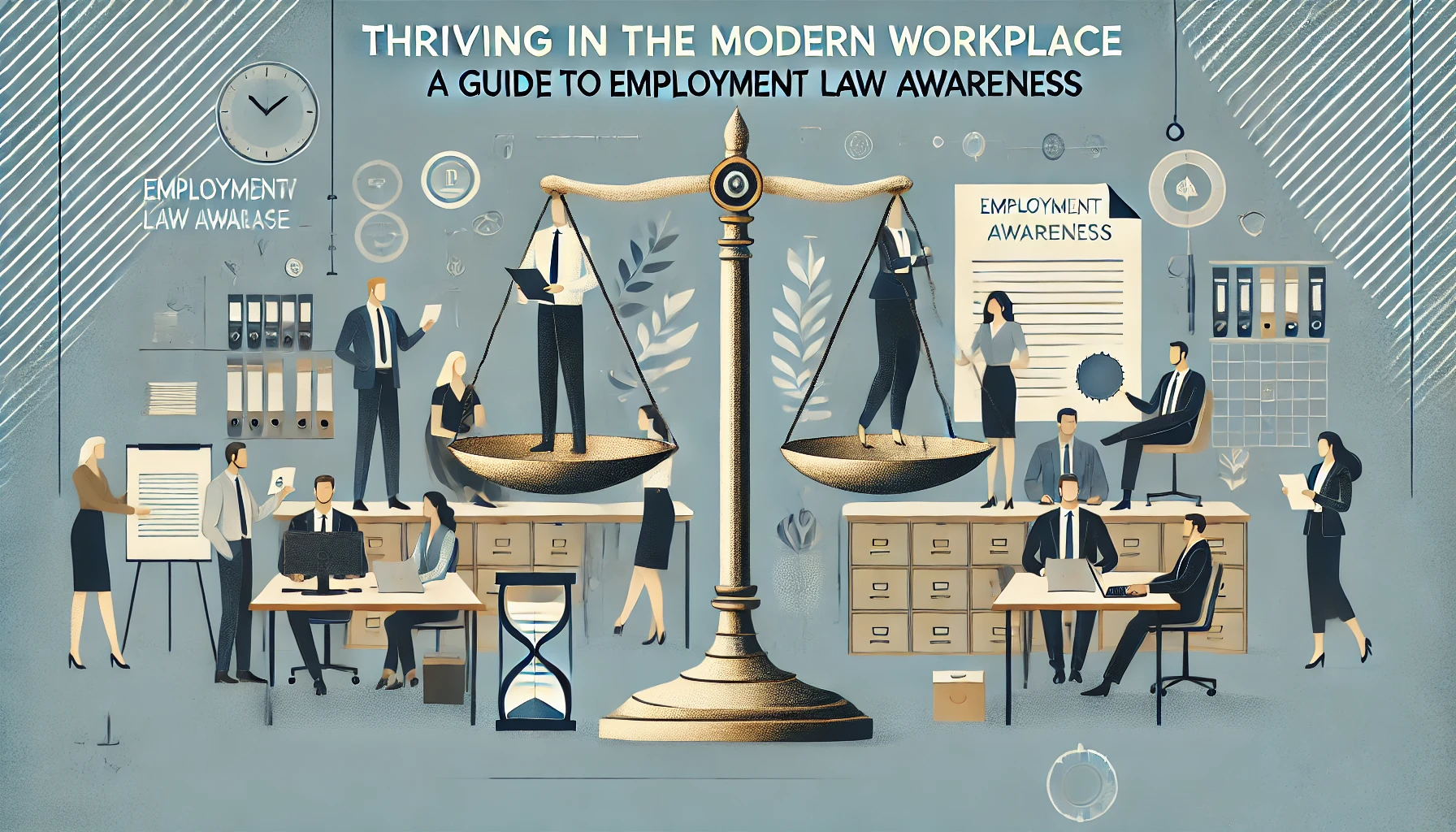The White Oak Global Advisors lawsuit has been making waves in the financial industry. White Oak, a prominent investment firm, found itself at the center of a major legal battle involving serious allegations of financial mismanagement and breaches of fiduciary duty. In this article, we’ll dive into the details of what happened, why it matters, and what lessons can be learned from the case.
Overview of White Oak Global Advisors’ Business Model
White Oak Global Advisors is known for providing custom credit solutions to businesses. Founded in 2007, the firm has established itself as a leader in alternative investments, focusing on asset-based lending, private credit, and direct lending. White Oak’s mission is to offer innovative and tailored financing solutions to companies that may not have access to traditional forms of credit. However, this business model also brings significant risk, especially when it comes to managing large portfolios, like pension funds.
Timeline of Events Leading to the White Oak Global Advisors Lawsuit
The White Oak Global Advisors lawsuit began with the New York State Nurses Association Pension Plan (NYSNA) filing claims against the firm in 2018. Here’s a quick timeline of the major events:
- 2007: White Oak Global Advisors was founded, quickly rising to prominence in the financial industry.
- 2010-2017: White Oak began managing pension funds for NYSNA, responsible for safeguarding retirement assets.
- 2018: NYSNA filed a lawsuit against White Oak, citing allegations of mismanagement and breaches of fiduciary duty.
- 2021: Arbitration proceedings took place, which led to a ruling in favor of NYSNA.
- 2022: The settlement was upheld by a federal court, which forced White Oak to pay significant financial penalties.
Nature and Details of Allegations
The lawsuit against White Oak Global Advisors included serious allegations of financial mismanagement and breaches of fiduciary duty. NYSNA accused the firm of failing to implement prudent investment strategies, resulting in significant losses for the pension plan. Here are the key allegations:
- Lack of Responsible Investment Strategies: White Oak allegedly engaged in high-risk investments that were not in the best interests of the pension beneficiaries.
- Conflict of Interest and Transparency Issues: The firm was accused of failing to disclose critical information about their investment decisions, leading to a lack of transparency.
- Breach of Fiduciary Duty: Under the Employee Retirement Income Security Act (ERISA), White Oak was obligated to act in the best interests of the pension plan. The lawsuit claimed that the firm did not fulfill this duty.
Settlement Details: Financial Penalties and Consequences
The White Oak Global Advisors lawsuit led to a significant settlement of over $96 million. The settlement included:
- Return of Mismanaged Funds: White Oak was required to return the funds they mismanaged.
- Forfeiture of Fees: The firm forfeited investment management fees earned during the period in question.
- Payment of Legal Fees: White Oak had to cover the legal costs incurred by NYSNA during the lawsuit.
These financial penalties were among the largest imposed in recent years for pension fund mismanagement, emphasizing the severe consequences of breaching fiduciary duties.
Impacts on Pension Funds and Beneficiaries
The repercussions of the White Oak Global Advisors lawsuit were significant for NYSNA and its members. The mismanagement of pension funds led to concerns over the retirement security of thousands of New York nurses. The financial penalties aimed to compensate for the losses, but the emotional and financial impact on the beneficiaries cannot be ignored.
White Oak’s Business Model and Investment Strategies
White Oak’s business model relies heavily on providing alternative credit solutions to businesses. While this approach can yield high returns, it also comes with risks that must be managed responsibly—especially when dealing with pension funds. The lawsuit revealed that White Oak’s investment strategies were not always aligned with the best interests of its clients. This has prompted industry stakeholders to scrutinize similar firms and their practices.
Internal Reforms and Compliance Measures Post-Lawsuit
In response to the lawsuit, White Oak Global Advisors has implemented several internal reforms aimed at preventing similar issues in the future. These include:
- Strengthening Internal Controls: White Oak has reportedly enhanced its internal control mechanisms to ensure compliance with ERISA standards.
- Improved Transparency: The firm has taken steps to improve transparency in its investment practices, ensuring that clients are fully informed about investment decisions.
- Enhanced Risk Management: White Oak is also focusing on strengthening its risk management practices to mitigate future issues.
Stakeholder Reactions and Industry Criticism
The White Oak Global Advisors lawsuit sparked a wave of criticism from industry stakeholders, highlighting the importance of ethical practices in investment management. Pension plan administrators and beneficiaries alike expressed concerns over the lack of transparency and fiduciary responsibility. Many have called for stricter regulations and oversight to prevent similar cases in the future.
Implications for the Financial Industry and Regulatory Changes
The White Oak Global Advisors lawsuit has had far-reaching implications for the financial industry. It has prompted calls for stricter regulations and greater oversight of investment advisors managing pension funds. Regulators are now considering enhancing fiduciary standards to ensure that investment firms prioritize their clients’ best interests.
Potential Ripple Effects on Related Industries
The consequences of the White Oak Global Advisors lawsuit extend beyond the firm itself. The case has raised awareness about the importance of fiduciary duty across related industries, including legal consulting and financial advisory services. It has also led to increased scrutiny of firms that manage pension funds, with a focus on transparency and ethical conduct.
White Oak’s Crisis Management Strategy
In the wake of the lawsuit, White Oak Global Advisors has employed a crisis management strategy to mitigate damage to its reputation. The firm has maintained its innocence but has chosen to comply with the settlement to move forward. They have also focused on reinforcing their commitment to transparency and client-centered practices.
Lessons Learned: Best Practices for Fiduciary Duty
The White Oak Global Advisors lawsuit serves as a reminder of the critical importance of fiduciary duty in investment management. Here are some key lessons for other firms:
- Conduct Rigorous Due Diligence: Investment firms must conduct thorough due diligence when making investment decisions, particularly when managing pension funds.
- Prioritize Transparency: Clear and honest communication with clients is essential to maintaining trust and ensuring compliance.
- Strengthen Internal Controls: Establishing strong internal control mechanisms can help prevent potential conflicts of interest and breaches of fiduciary duty.
Conclusion: Future Outlook for White Oak and the Financial Industry
The White Oak Global Advisors lawsuit highlights the importance of transparency, ethical conduct, and fiduciary responsibility in the financial services industry. While White Oak has taken steps to address the issues raised by the lawsuit, the damage to its reputation will take time to repair. The case also serves as a wake-up call for other investment firms, urging them to prioritize their clients’ best interests to avoid similar legal battles.



